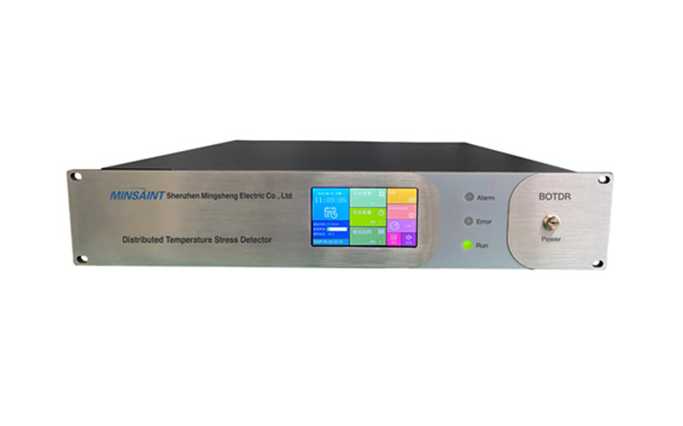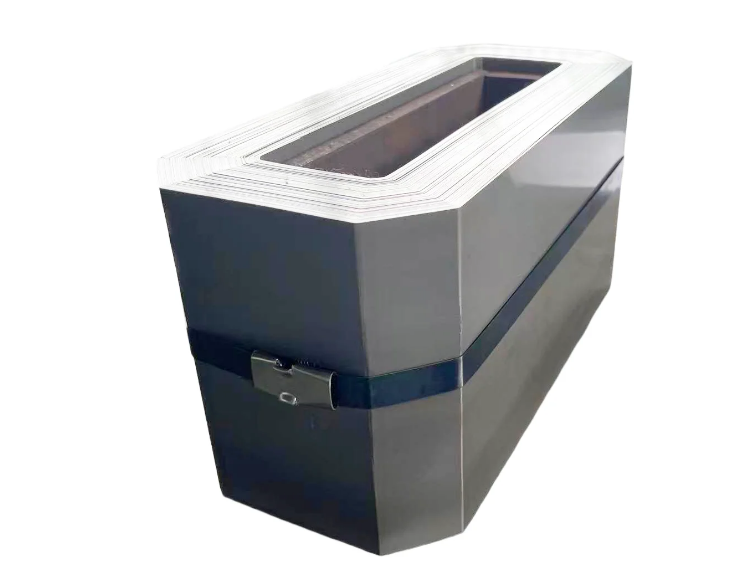In the dynamic landscape of small business operations, safeguarding your enterprise against unforeseen risks is paramount. One essential component of this protective strategy is obtaining and maintaining proof of insurance. But what exactly is proof of insurance, and why is it particularly crucial for small businesses? This article delves into the intricacies of proof of insurance, its significance, and how it can serve as a cornerstone for your business's credibility and operational stability.
What is Proof of Insurance?
Proof of insurance is a document that verifies an individual or entity holds an active insurance policy. This document typically includes critical information such as the type of coverage, policy limits, effective dates, and the name of the insurance provider. For small businesses, proof of insurance is not merely a formality; it serves as a testament to the business's commitment to risk management and financial responsibility.
The Importance of Proof of Insurance for Small Businesses
- Legal Compliance: Many states and local jurisdictions mandate specific types of insurance for businesses, such as workers' compensation and general liability insurance. Proof of insurance ensures compliance with these legal requirements, helping small businesses avoid fines and legal repercussions.
- Building Trust with Clients and Partners: In today's competitive market, clients and partners are increasingly cautious about whom they engage with. Providing proof of insurance can enhance your business's credibility, demonstrating that you are a responsible entity that prioritizes risk management. This can be particularly important in industries such as construction, consulting, and healthcare, where the stakes are high.
- Protection Against Financial Loss: Small businesses are often vulnerable to various risks, including property damage, liability claims, and employee injuries. Proof of insurance signifies that your business is prepared to handle such incidents financially, thereby protecting your assets and ensuring business continuity.
- Facilitating Contracts and Agreements: Many contracts require proof of insurance as a prerequisite for engagement. Whether you are entering a lease agreement, bidding for a project, or partnering with another business, having your proof of insurance readily available can streamline negotiations and foster trust.
Types of Insurance Coverage Relevant to Small Businesses
Understanding the types of insurance coverage that may require proof is essential for small business owners. Here are some common types:
- General Liability Insurance: This coverage protects against claims of bodily injury, property damage, and personal injury. Proof of this insurance is often required when entering contracts or leases.
- Workers' Compensation Insurance: This insurance is crucial for businesses with employees, as it covers medical expenses and lost wages for work-related injuries. Proof of workers' compensation insurance is typically mandated by law.
- Professional Liability Insurance: Also known as errors and omissions insurance, this coverage is vital for service-based businesses. It protects against claims of negligence or inadequate work. Clients may request proof of this insurance before engaging your services.
- Commercial Property Insurance: This insurance protects your business's physical assets, including buildings and equipment. Proof of coverage can be necessary when securing loans or leases.
How to Obtain Proof of Insurance
Obtaining proof of insurance is a straightforward process, but it requires careful planning:
- Assess Your Insurance Needs: Evaluate the specific risks associated with your business and determine the types of insurance coverage you require.
- Consult with an Insurance Agent: Work with a qualified insurance agent who understands the unique challenges faced by small businesses. They can help you navigate the various options and find the right coverage.
- Request a Certificate of Insurance (COI): Once you have secured your insurance policy, request a Certificate of Insurance from your provider. This document serves as proof of your coverage and can be shared with clients, partners, and regulatory bodies.
- Keep Your Documentation Organized: Maintain a file of your insurance documents, including your policy and COIs. This organization will facilitate easy access when needed.
Conclusion
In conclusion, proof of insurance is not just a piece of paper; it is a vital asset that can significantly impact the success and sustainability of your small business. By understanding its importance, types of coverage, and how to obtain it, you can better protect your business from risks and enhance your credibility in the marketplace. As you navigate the complexities of running a small business, ensure that proof of insurance is a priority in your risk management strategy. This proactive approach will not only safeguard your business but also foster trust and confidence among clients and partners, ultimately contributing to your long-term success.





